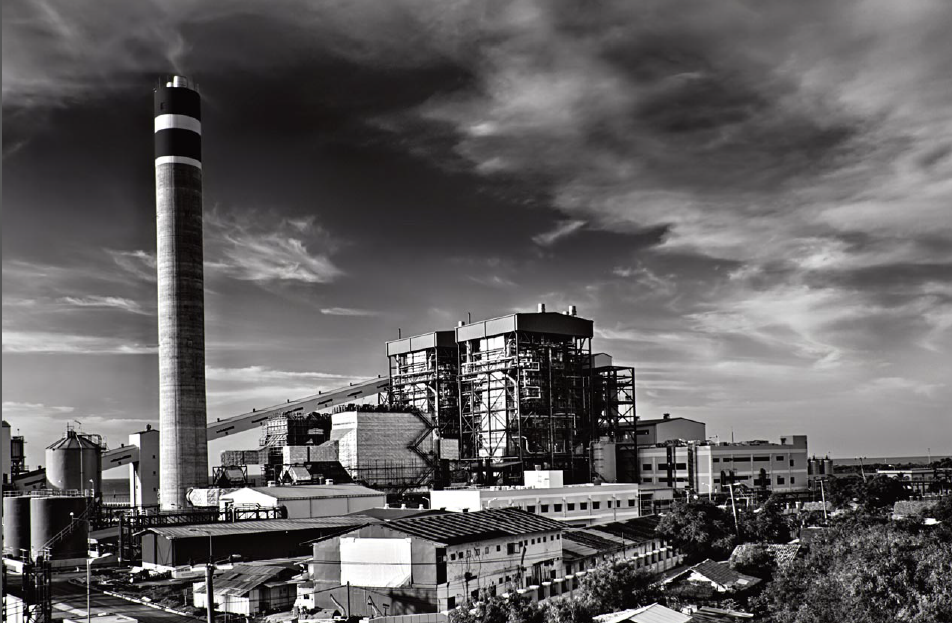
Japan Urged To Stop Financing Coal ahead of Obama-Abe Summit
Today, over 30 groups from around the world, including Oil Change International, sent an open letter to Japanese Prime Minister Shinzo Abe ahead of his meeting with U.S. President Barack Obama on April 24th urging Japan to follow the United States and other countries’ pledges to stop financing coal overseas.
 Today, over 30 groups from around the world, including Oil Change International, sent an open letter to Japanese Prime Minister Shinzo Abe ahead of his meeting with U.S. President Barack Obama on April 24th urging Japan to follow the United States and other countries’ pledges to stop financing coal overseas.
Today, over 30 groups from around the world, including Oil Change International, sent an open letter to Japanese Prime Minister Shinzo Abe ahead of his meeting with U.S. President Barack Obama on April 24th urging Japan to follow the United States and other countries’ pledges to stop financing coal overseas.
The Obama-Abe Summit shines a spotlight on Japan’s role as the world’s largest public financier of coal…with hopes that the Obama administration will use the summit to put pressure on Japan to join the United States, United Kingdom, Netherlands and Nordic countries who have all recently enacted policies that place severe restrictions on support for coal power plants abroad.
In a boost to its wavering climate image, last November Japan declared $16 billion over 2013-15 in climate financing for developing countries – representing 40 percent of the $35 billion requested. As today’s open letter from NGOs points out, the great irony is that Japan continues to pour massive finance into coal overseas. In fact, the Japanese Bank for International Cooperation (JBIC) is the world’s number one public financier of coal projects.
JBIC has provided over $12 billion in subsidized loans and guarantees to coal projects since 2007. In addition, Japan’s Nippon Export and Investment Insurance (NEXI) has provided over $5 billion during the same period. Overall, Japan has provided more than double the amount of international public finance to coal than any other country. As such, Japan is a key country that must stop supporting coal development if the world hopes to limit global temperature rise to 2 degrees Celsius and avoid the worst impacts of climate change.
Currently, JBIC is under fire to halt its controversial support for the 2,000 MW Central Java Coal Plant in Batang, Indonesia. The proposed coal plant has caused widespread protests from communities who insist the plant will harm the environment, public health and local livelihoods. Japan attempts to deflect criticism of its coal finance by claiming that they are investing in highly efficient coal plants such as the Central Java plant. However, Japan needs to understand there is no way to make a coal plant efficient enough.
On the climate change front alone, the letter points out that 27 leading climate and energy scientists from 15 countries have issued a joint statement that “there is no room in the remaining carbon budget for building new unabated coal power plants, even highly efficient ones.”
The civil society letter calls on Japan to seize the opportunity offered during the Obama-Abe Summit to join the United States and other countries in their pledge to stop overseas coal finance and help restore Japan’s legacy to combat climate change instead of continuing as a leader of dirty coal development.
